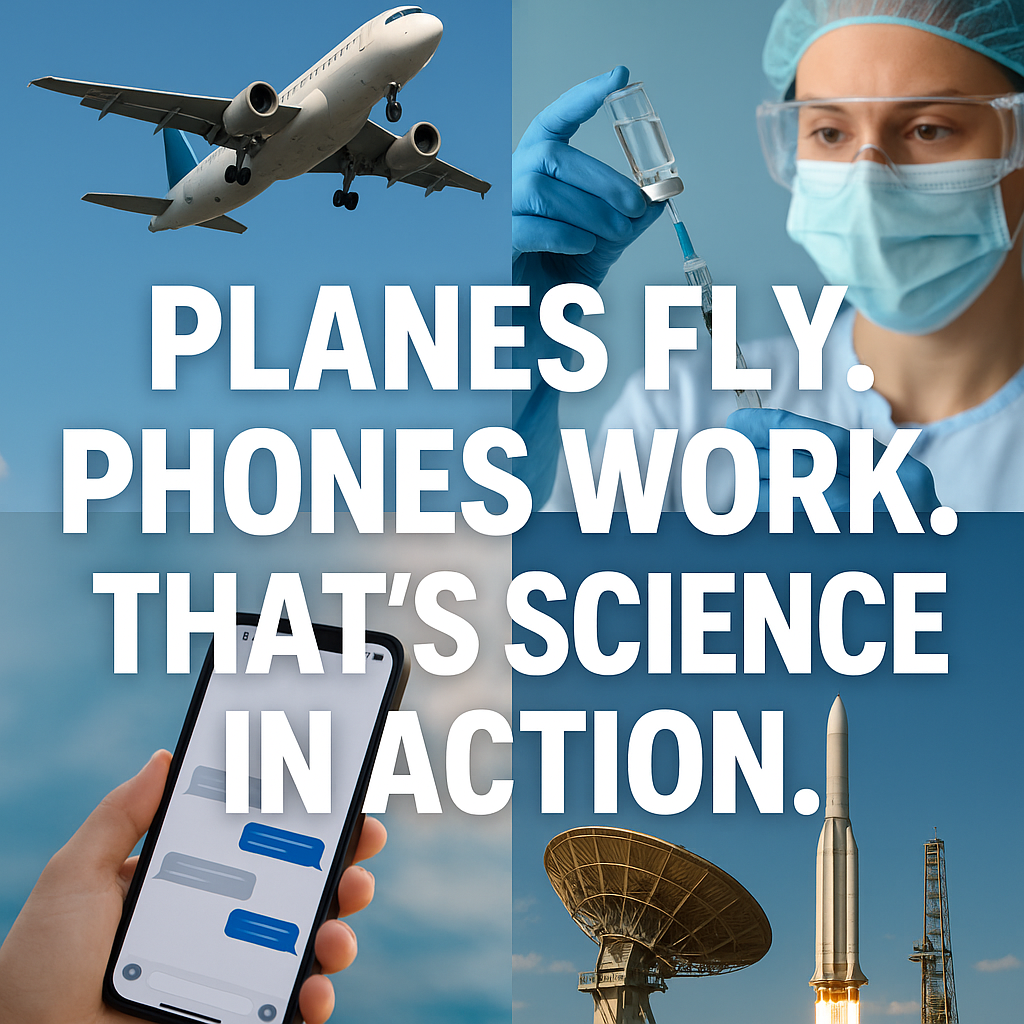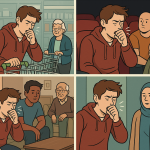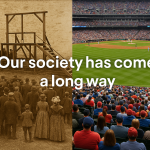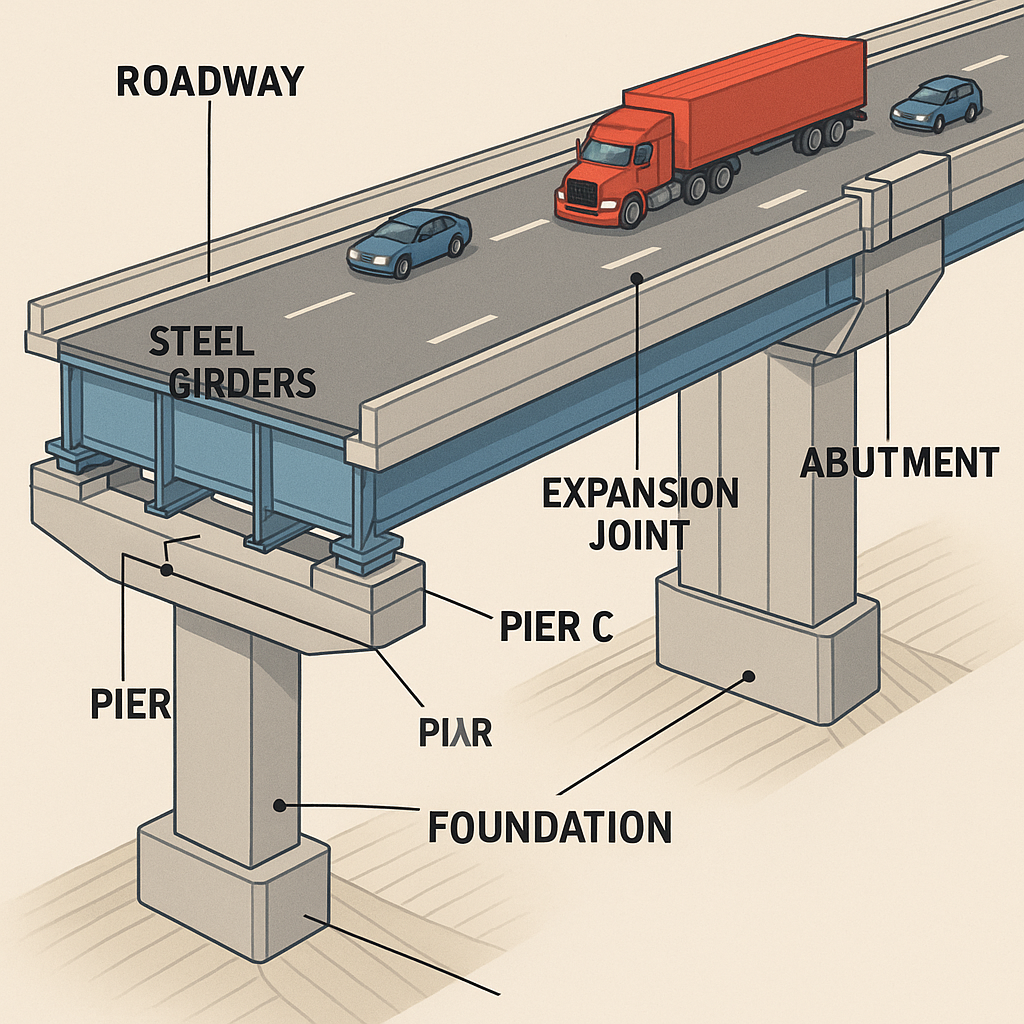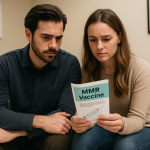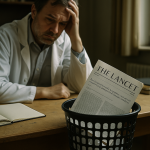Every time a plane lifts off the runway, you’re watching science at work.
Every time your phone routes a video call across thousands of miles, over cell towers and satellites, through a device no thicker than your hand—you’re witnessing the fruits of generations of scientific discovery.
Science isn’t a belief system. It’s not a club. It’s not a political ideology.
It’s a method.
It’s the only method we have that reliably separates truth from illusion—by testing, repeating, refining, and proving what works.
And it works.
It built the world you live in.
We Don’t See It Because It Works So Well
The thing about science is that it disappears into the background once it’s done its job. You don’t wake up each morning grateful for electricity. Or GPS. Or the fact that the water coming out of your tap isn’t filled with cholera.
But none of those things were inevitable.
They’re the result of trial and error, experiment and refinement, conducted by people who dedicated their lives to asking questions and chasing answers that could be tested and verified—not just believed.
That’s what separates science from speculation. It doesn’t just sound right. It proves itself, again and again.
The Scientific Method Is Humanity’s Cheat Code
Here’s why science is different:
- It’s reproducible. If you follow the same steps, you get the same results.
- It’s self-correcting. Mistakes are found and fixed, not enshrined.
- It’s falsifiable. Claims must be testable, and if proven wrong, they’re thrown out.
This method built the modern world. From antibiotics to airbags, from the eradication of smallpox to the creation of the microchip—none of it happened by intuition or guesswork. It happened because people followed evidence, tested hypotheses, and built on what came before.
So Why Do We Doubt It in Medicine?
It’s easy to trust science when it’s invisible—when it’s quietly keeping your plane in the air or your WiFi humming.
But when science gets personal—when it asks you to roll up your sleeve, or mask up, or trust an expert you’ve never met—it feels different.
Suddenly, we start to question everything.
And that’s understandable. Science evolves. It corrects itself in real time. It doesn’t always give us the answers we want. But that’s not a weakness—it’s a strength. It means it can adapt to new evidence and protect us better over time.
Medicine isn’t perfect. But it’s better than guesswork. And it’s lightyears beyond conspiracy theories.
Medical Misinformation Isn’t Harmless. It’s a Threat.
Distrust in science—especially in medicine—doesn’t just live online. It kills.
It leads people to skip cancer screenings. To reject life-saving vaccines. To treat serious conditions with snake oil.
It erodes trust in the people trying to help, and it puts everyone at greater risk—especially the vulnerable.
When we stop trusting expertise, we don’t become “free thinkers.” We become easy prey for grifters and opportunists.
We Don’t Have to Blindly Trust Everything. But We Can Trust the Process.
The beauty of science is that it doesn’t require blind faith. It just asks that we look at the evidence, understand the process, and stay open to learning.
Planes fly. Phones work. Water runs clean. That’s science in action.
So when a doctor tells you a vaccine is safe, or a public health expert gives guidance—it’s not based on gut feelings. It’s based on the same scientific foundation that holds the rest of our world together.
If we’re willing to trust science at 30,000 feet, maybe we can trust it to protect our health here on the ground, too.
The reason science works is because it’s based on evidence. It’s not based on authority, it’s not based on anybody’s opinion — it’s based on evidence. And it works. Planes fly. Cars drive. Computers compute. If you base medicine on science, you cure people. If you base the design of planes on science, they fly. If you base the design of rockets on science, they reach the moon. It works… bitches. 🎤
– Richard Dawkins
Last Updated on June 30, 2025

